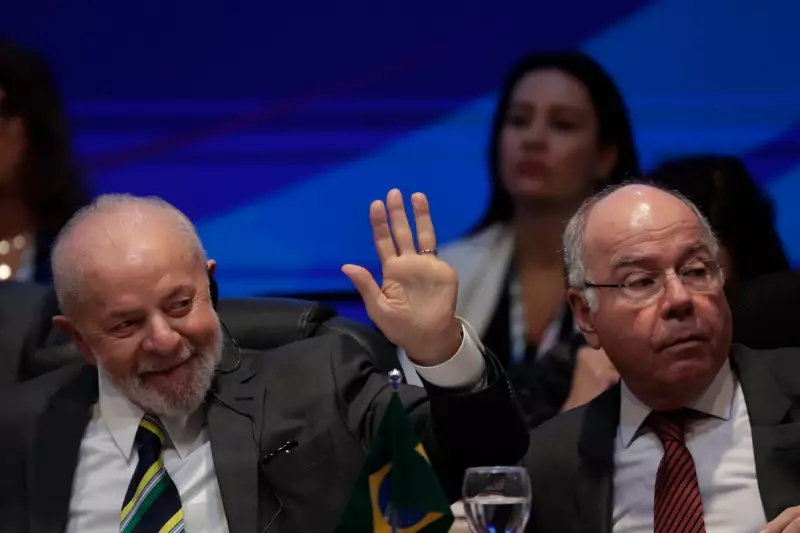
In a nation blessed with abundant agricultural land and natural resources, a silent epidemic is sweeping through Brazilian households. Empty plates and hungry children have become the tragic reality for millions, but this isn't a natural disaster—it's a man-made catastrophe born from political choices.
The Stark Numbers Behind the Crisis
Recent data paints a devastating picture of Brazil's regression in the fight against hunger. Where once progress seemed inevitable, now over 70 million Brazilians face some form of food insecurity. Even more alarming, more than 15 million people experience severe hunger, unsure where their next meal will come from.
This represents a dramatic reversal from the early 2000s, when Brazil was celebrated internationally for its successful anti-hunger programs and poverty reduction initiatives.
From Success Story to National Tragedy
Under previous administrations, Brazil had developed comprehensive strategies to combat hunger. The groundbreaking Zero Hunger program, combined with Bolsa Familia cash transfers, lifted millions from poverty and ensured basic nutrition for the most vulnerable.
"What we're witnessing today is the systematic dismantling of social protection networks that took decades to build," explains a public policy expert who wished to remain anonymous. "The consequences are playing out in real time across Brazilian dinner tables."
The Political Calculus Behind Empty Stomachs
Experts argue that the current crisis stems from deliberate policy decisions rather than economic necessity. Key factors include:
- The weakening of social protection programs
- Economic policies that disproportionately affected the poorest communities
- Dismantling of food acquisition programs for schools and public institutions
- Reduced investment in family farming and agricultural support
A Glimmer of Hope Amid the Darkness
With the return of President Lula da Silva, there's renewed hope for addressing this humanitarian crisis. The administration has pledged to restore and strengthen social programs, recognizing that hunger cannot be solved with temporary measures alone.
However, experts caution that rebuilding what was destroyed will take years and require sustained political will. The scars of hunger run deep, affecting children's development, workforce productivity, and the very fabric of Brazilian society.
As one community organizer in São Paulo's periphery noted, "Food isn't a privilege for those who can afford it—it's a fundamental human right. Brazil must remember this basic truth if we're to become a nation without hungry citizens."





